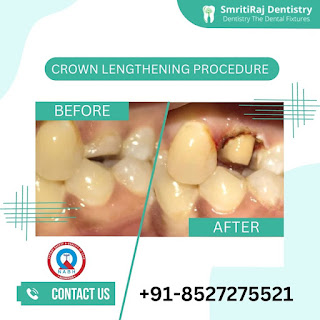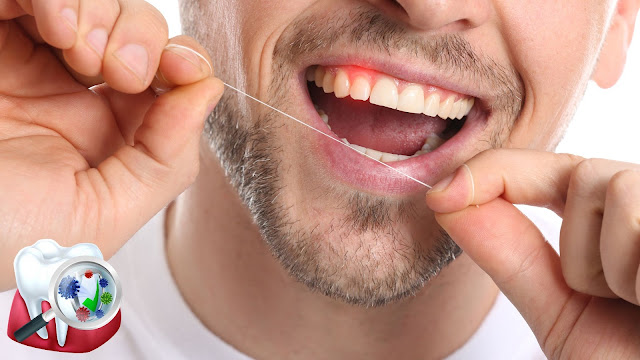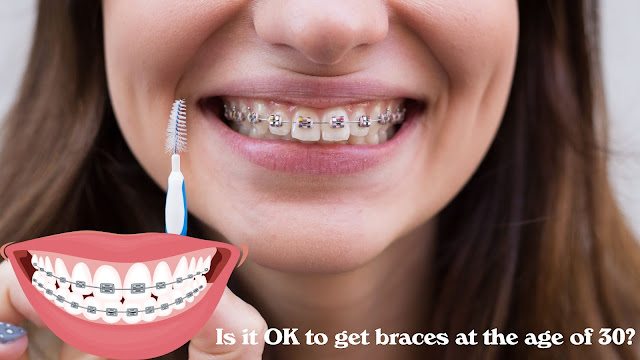Does Invisalign fix teeth permanently?
Invisalign is a revolutionary orthodontic treatment that uses clear aligners to gradually straighten your teeth. While it is an effective solution for many, the question of whether Invisalign fixes teeth permanently is nuanced and depends on various factors. 1. Invisalign Can Provide Permanent Results — If Properly Maintained Invisalign aligners work by gradually shifting your teeth into their desired position. Once the treatment is complete and your teeth are properly aligned, the results can be permanent . However, this depends largely on your post-treatment care . Here's why: Retention Phase: After your Invisalign treatment, your orthodontist will likely recommend the use of retainers to maintain the new position of your teeth. This is crucial as teeth can shift back over time, especially in the first few months following treatment. Lifestyle Factors: Habits like teeth grinding, nail biting, or not wearing your retainer as prescribed can cause your teeth to shift. It'...
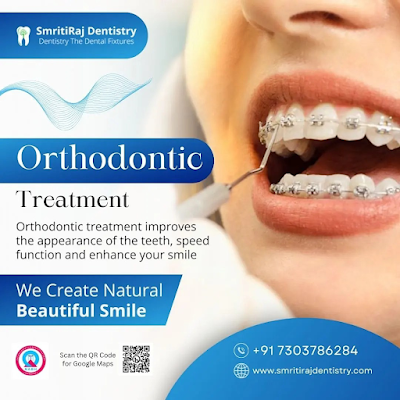
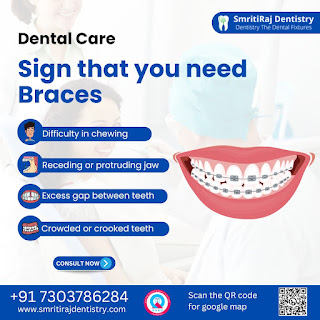
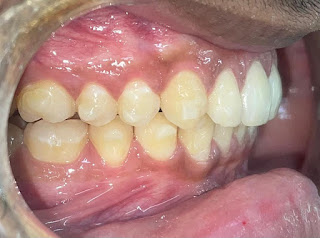
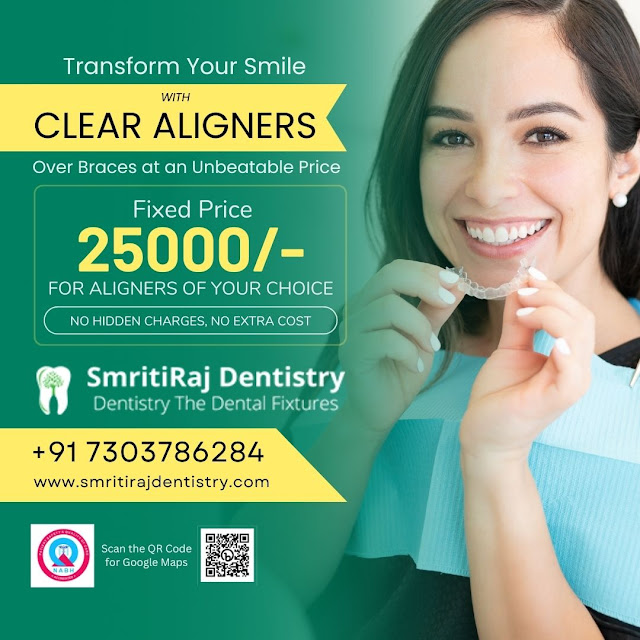
.jpg)
